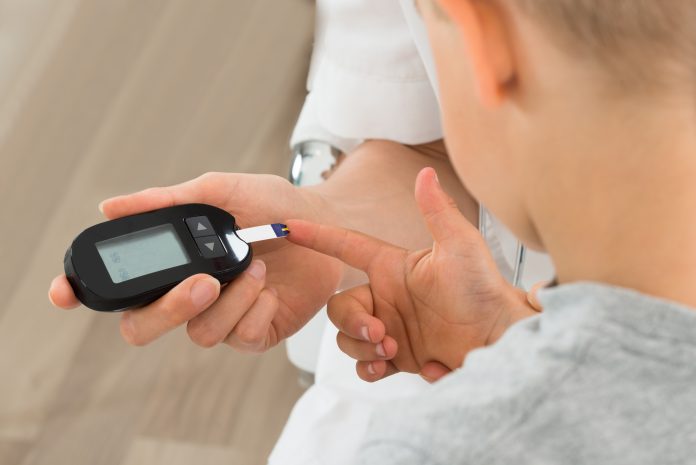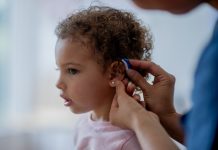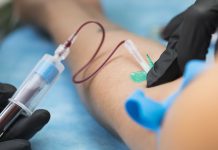A new study from Children’s Hospital Los Angeles has revealed a surge of pediatric patients presenting with diabetic ketoacidosis throughout the COVID-19 pandemic
Lily Chao, MD, MS, Interim Medical Diabetes Director at Children’s Hospital Los Angeles (CHLA), and her colleagues noted that more and more pediatric patients were coming in with diabetic ketoacidosis (DKA) and type 2 diabetes back in March of 2020.
“DKA happens when insulin levels in the blood drop too low for too long,” says Chao. “Insulin helps the body utilize glucose. So when there’s not enough insulin, the body starts breaking down fat as a source of energy.”
This process causes dangerously high levels of acids in the blood and if left untreated, it can lead to cerebral edema, coma, or even death.
“Kids are coming in with dehydration and DKA. But DKA is preventable and reversible if we treat it early and appropriately, added Chao.
“We used to see a few DKA cases in type 2 diabetes a year, and all of a sudden we were seeing a spike, so we began keeping track. Now we have the numbers to confirm that there are more children with type 2 diabetes who present with this very serious complication of DKA.”
What is the cause?
Fewer children may be making it to the doctor’s office for their routine well-child exams, possibly due to the fear families may feel about exposure to SARS-CoV-2, the virus that causes COVID-19.
“Parents are worried about going outside of the house,” says Dr Chao. “Some families have to take public transportation to go the pediatrician and they are hesitant to do so during the pandemic.”
Other factors such as less physical activity or reduced access to fresh, healthy foods may also be the cause, but, there may be a biological relationship between exposure to the virus and diabetes.
“There is definitely a link between COVID-19 and diabetes,” says Senta Georgia, PhD, an investigator in The Saban Research Institute of Children’s Hospital Los Angeles and senior author on the paper.
“We don’t know whether SARS-CoV-2 infects insulin-secreting cells in the pancreas,” she adds. “There are some reports of a link between COVID-19 and diabetes in adults, but no pediatric studies have been published to date.”
“It’s critical for pediatricians to recognise that when a child presents with symptoms of diabetes, the child needs to be evaluated right away,” concludes Dr Chao. “The sooner we see these kids, the better chance we have to prevent DKA.”
The full study has been published in Diabetes Care.
The study was funded by NIH/NCRR SC-CTSI Grant number UL1 TR000130; American Diabetes Association 7-20-COVID-173; The Homer and Gloria Harvey Foundation.








